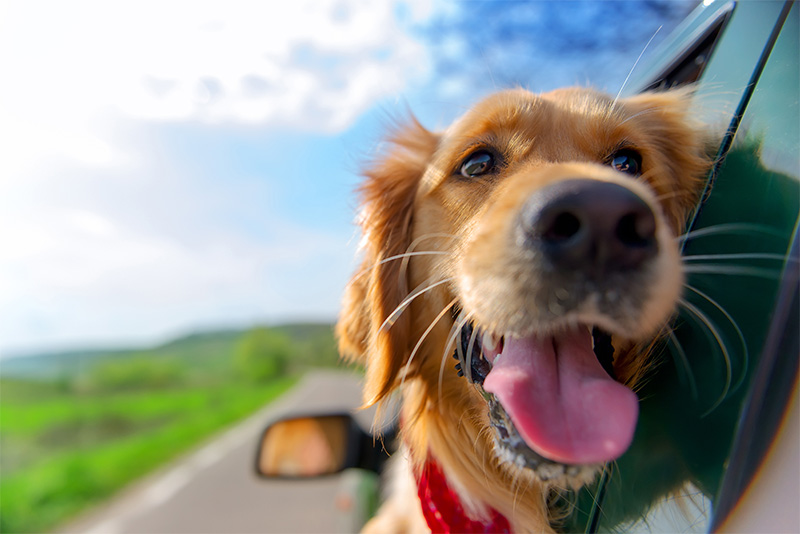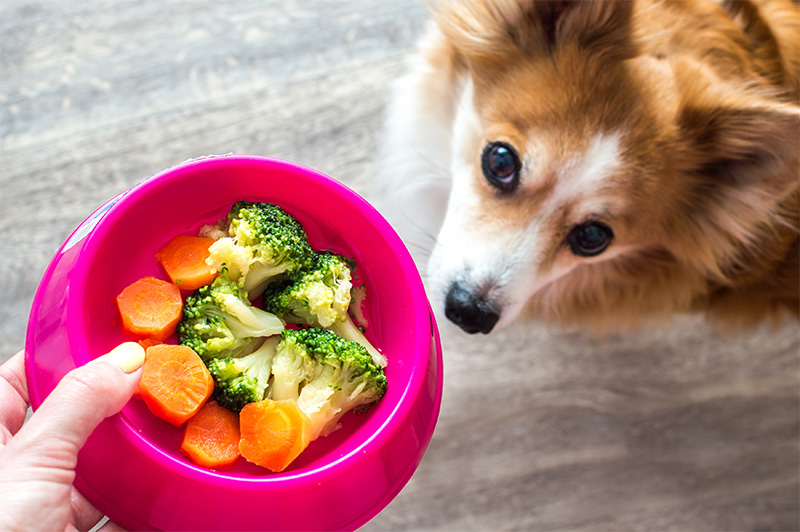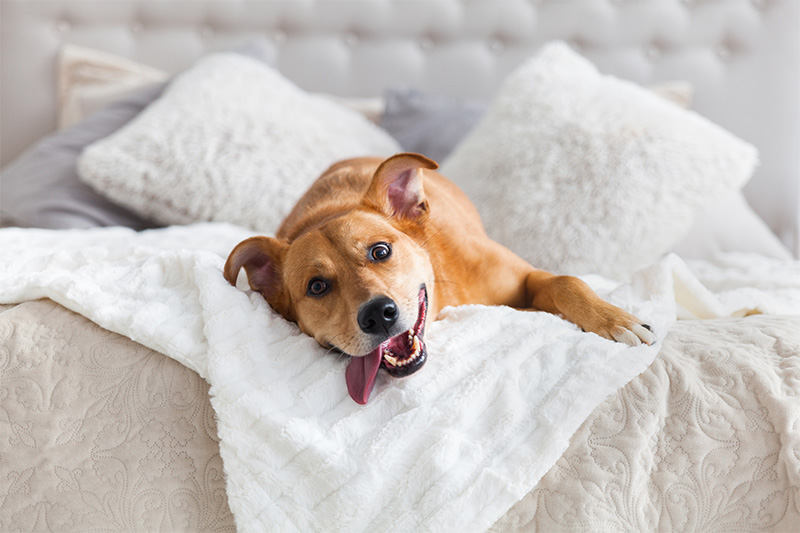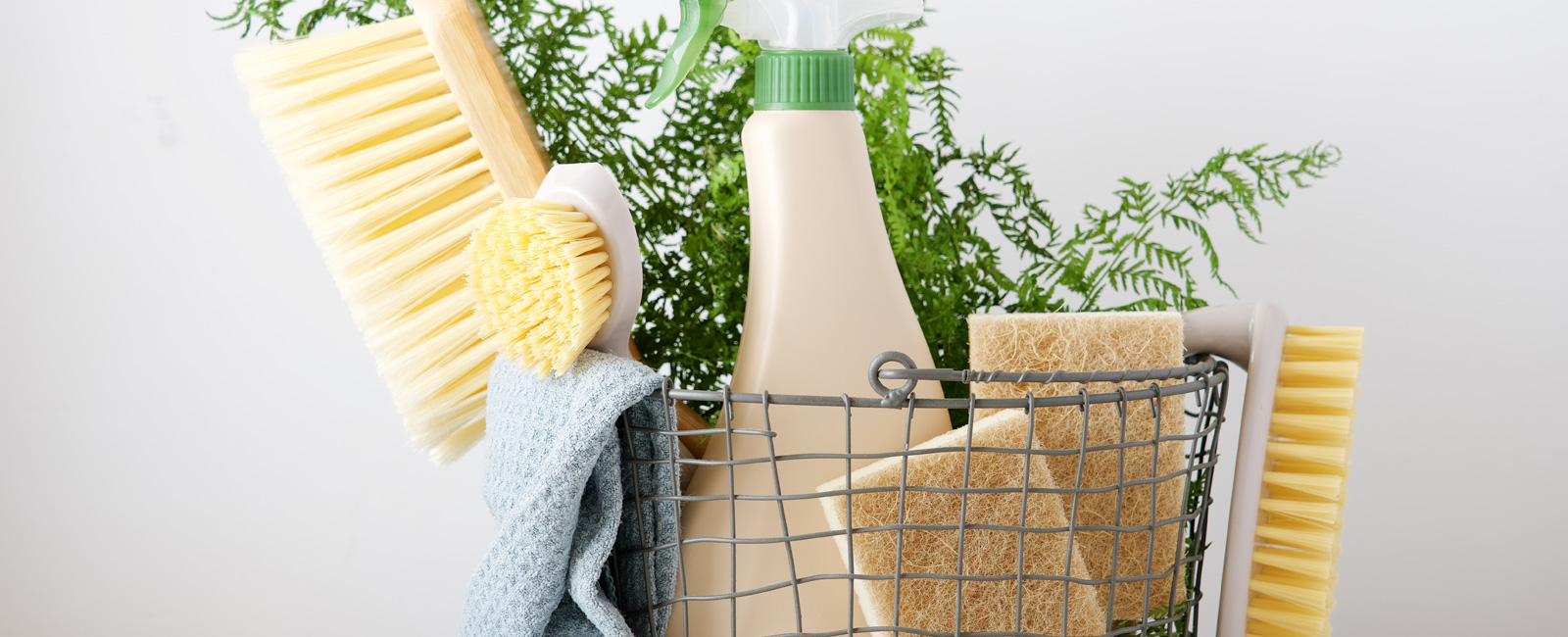
March is Pet Poison Prevention Month, and at Signature Veterinary Services, we’re using the opportunity to help educate our clients on the best ways to protect their pets from poisonous and toxic substances that can put their health and wellbeing in harm’s way.
Unfortunately, there are countless substances in and around our own homes that are poisonous and toxic to pets. Consider the following tips to pet-poison-proof your home and prevent pet poisoning.
5 Tips to Prevent Pet Poisoning
1. Choose Safe House and Garden Plants
Several of the most popular plants and flowers for growing indoors and outdoors present considerable poisoning hazards to pets. All kinds of lilies, for example, are extremely dangerous for cats. Even just a sniff of lily pollen can make a cat seriously ill. Check this list of toxic and non-toxic plants from the ASPCA.
2. Don't Give Your Pet People Foods
Before feeding your pet a human’s food, be certain it’s safe. Several people foods are actually highly toxic for pets. Some of the most common toxic foods for pets include chocolate, xylitol (artificial sweetener), alliums (the onion/garlic plant family), yeast dough, certain nuts, avocados, and grapes and raisins.


3. Store Household Cleaners and Other Chemicals Out of Reach
Household chemicals contain highly toxic and poisonous ingredients. Store these in a safe place where your pets can’t reach them.
4. Safely Store All Medications and Supplements
Prescription drugs, over-the-counter-medications, and supplements intended for human consumption are dangerous and toxic for pets.
5. Safely Store All Pet Medications
Although they’re intended for your pet’s consumption, eating a whole bottle of pet meds at once could be extremely dangerous. Store these – especially treat-flavored pills – out of your pet’s reach.


What to Do If Your Pet Ingests Poison
If you suspect your pet has ingested a toxic or poisonous substance, time is of the essence and you must take action right away to protect your pet’s health and limit the permanent damage that the poison can do.
- Keep the packaging from the poison your pet ingested or make sure you know what substance your pet might have eaten or been exposed to.
- Rinse your pet's mouth with a spray of water, spraying across your pet's mouth instead of into the mouth toward the throat.
- Contact the ASPCA's Animal Poison Control for immediate assistance.
- Contact and seek care at a local emergency veterinary clinic immediately.
For more information about pet-proofing your home and creating a pet poison action plan, we welcome you to contact Signature Veterinary Services in San Diego today.





